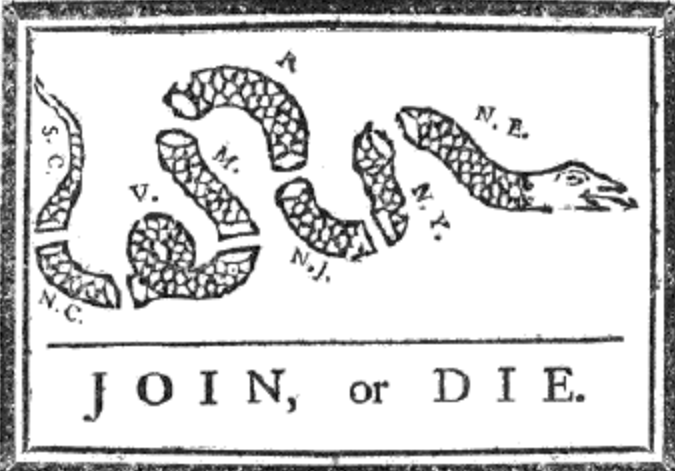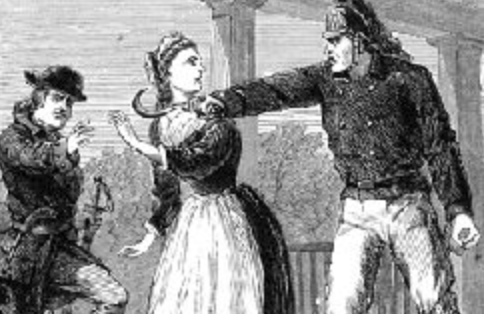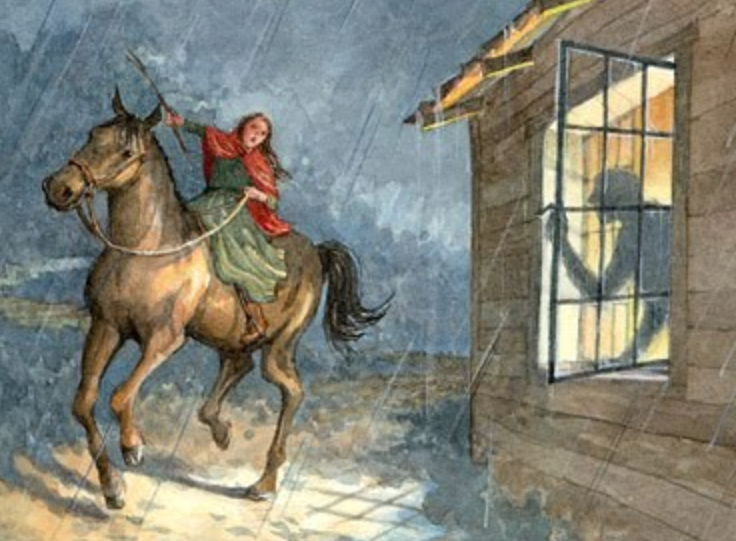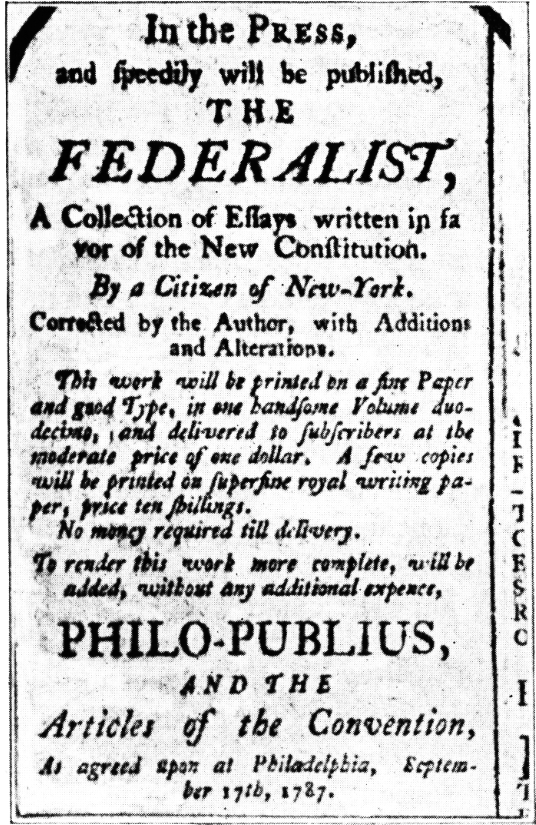Tax The People Directly - Alexander Hamilton's Federalist #30
The Federalist Papers are both difficult to interpret and redundant.
As opposed to my usual articles, I’ve tried to make Federalist Fridays short an sweet. Just a brief glance at what each Paper was trying to say to its audience.
In Federalist #30, Alexander Hamilton begins his discussion on why direct taxation is necessary for the success of the United State.
Hamilton includes information on the financial shortcomings of the Articles of Confederation and counters criticism of the National Government holding too much power.
Federalist #30
December 28, 1787
Alexander Hamilton
Revenue
After several weeks discussing Standing Armies, Alexander Hamilton uses Federalist #30 to begin tackling the power of taxation.
The Articles of Confederation famously had no power to raise revenue except to request money from the States. While technically illegal, many States simply did not send the needed amount to the Continental Congress.
This need for funds became one of the primary reasons the Constitutional Convention (known then as the Philadelphia Convention) was called together in the first place.
Direct Taxation
Anti-Federalists, at the time, generally agreed that duties on imposts (AKA taxes on imports) were needed to raise funds for the Union. However, many disagreed that the National Government should have the power to lay taxes directly on the people.
Hamilton thought this power was necessary.
First of all, if the National Government was to be the supreme law of the land, then it should have the ability to lay taxes as the legislators saw fit.
Additionally, and from Hamilton’s perspective more importantly, the Union needed to have the ability to raise money reliably. If the United States were forced to go to war, they would need to take out loans. This would only be possible if the nation could demonstrate that it had a steady source of income to pay back its debts.
Over Taxed
As usual, Anti-Federalists were afraid that a National Government with the power to tax at will could lead to despotism. What was to stop a runaway Congress from taxing the people to such an extreme that they would need to work constantly just to pay the Union?
Could this not lead to slavery?
Hamilton was sensitive to these fears. He believed the Constitution was secure with enough checks and balances to present this.
He makes no argument of this nature in Federalist #30, however, and instead says what I will say now…make sure you read the next Federalist article.
If you enjoyed this article, you might like to read some of my previous Federalist reviews.
My list of Federalist Papers can be found here.
Get fun American Revolution articles straight to your inbox every morning.
Subscribe to my email list here.
You can also support this site on Patreon by clicking here.
The creation of the US Constitution is fascinating.
'Plain, Honest Men’ is my favorite book on the subject. I suggest you give it a read.
If you’d like a copy of your very own you can order one through the Amazon affiliate link below (you’ll support this site, but don’t worry, Amazon pays me while your price stays the same).






